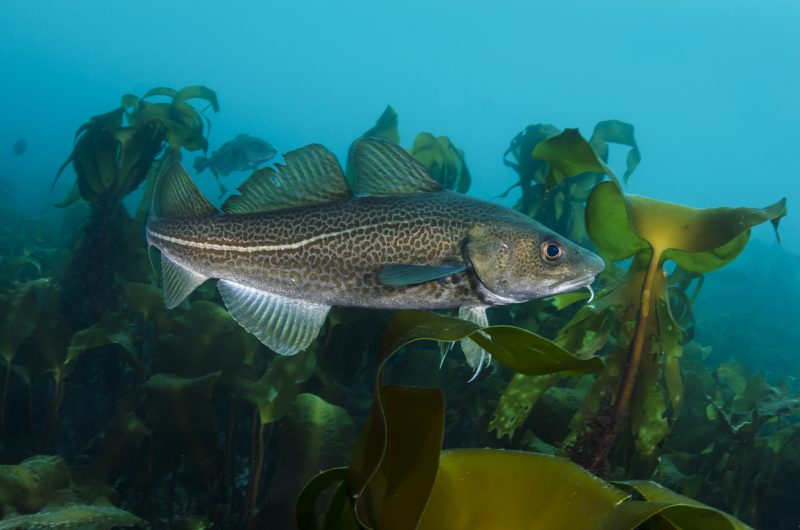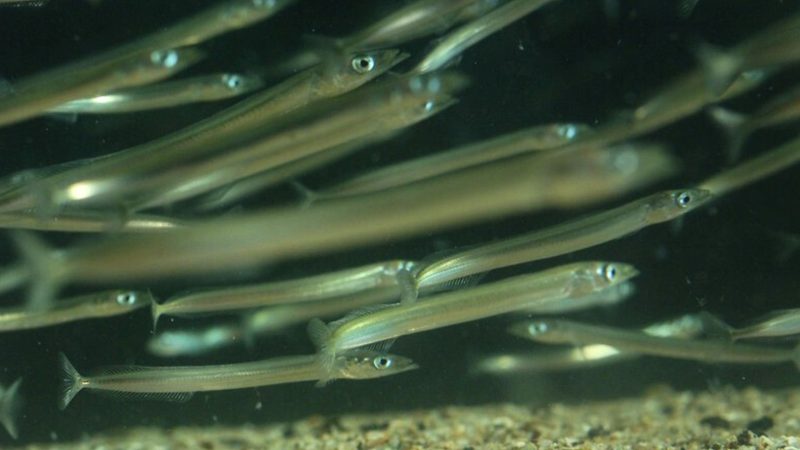Seventy years after Britain declared its first national park, coastal and marine experts are celebrating as National Marine Parks are set to become a reality. The UK’s first National Marine Park in Plymouth Sound has been awarded £9,582,100 as the National Lottery Heritage Fund announces its Heritage Horizon Awards today.
The announcement is timely as people flock to open spaces and beaches to recover from a year of lockdowns and cements the foundation of a new generation of marine park in the UK’s territorial waters that could revolutionise how the public views the ocean.
Plymouth Sound is an intricate marine environment with over 1,000 species, where the largest naval base in Europe and fragile sea grass beds co-exist. It is a landscape that once welcomed the Mayflower passengers, Sir Francis Drake, Captain Cook and Charles Darwin and is now home to over 400 fishing boats as well as over 600 wrecks.
Charles Clover, Executive Director of Blue Marine Foundation who sits on the park’s board, said:
“This National Lottery funding is massively to be welcomed as it will make the Plymouth Sound National Marine Park a reality. Until now the park has had neither the staff nor the money to get going. Lottery funding will deliver a much-needed cash injection of nine million pounds to the project – the council’s putting in £3m – and a development phase will take place to identify what the money should be spent on.
“It is crucial that as well as connecting people with the sea this funding is used to deliver environmental projects which actually restore and improve the marine environment as otherwise more people could just mean more impact. But overall the funding is a huge endorsement for the project and BLUE looks forward to working with Plymouth on its innovative journey.
“Reconnecting people with the sea is an important task in a new era when we are proposing to protect 30 per cent of the sea by 2030. It has begun deservedly in Plymouth which has a rich marine heritage and rich biological assets in the Sound. It is to be hoped that other parts of UK that are also interested in the idea of marine parks, set out in our recent report, will be encouraged to develop their own marine parks too on this model which can happen largely independently of central government.
“Plymouth will inevitably face questions about the boundaries of the park it has declared – and whether they are wide enough. There is already 405km2 of marine protected area of various kind within the park’s boundaries but now the Conservatives are in control in Plymouth, there is an opportunity for a conversation with neighbouring Conservative-controlled authorities that may be expected to begin a debate about expanding the boundaries of the national marine park to include other areas of high ecological and social value currently just outside its borders.
“Many will also look to Plymouth to consider hosting one of the five pilot Highly Protected Marine Areas (HPMA) the government is seeking to establish. Could Wembury or neighbouring Whitsand Bay be such HPMA sites, the one already within the park, the other potentially within its logically expanded boundaries? These questions are bound to be asked as the government considers its choice of sites.”
Photo Credit: Dr Keith Hiscock



















